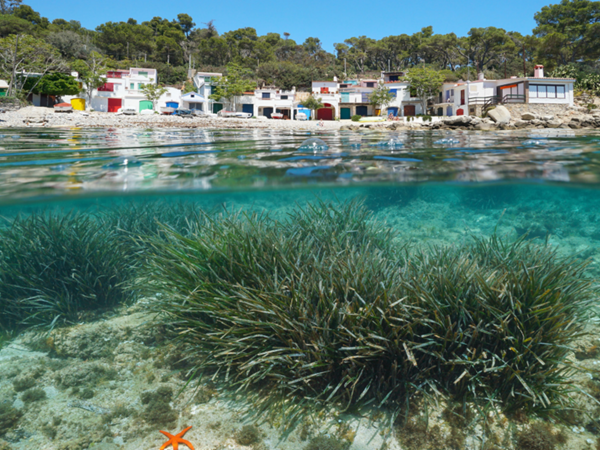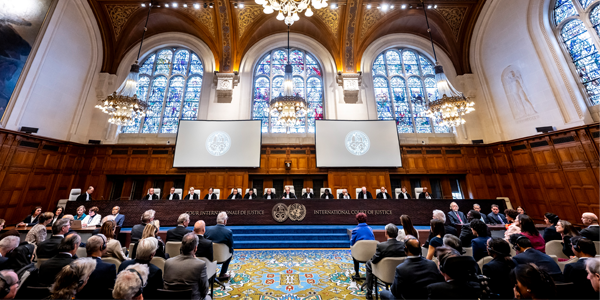Coinciding with the recent celebration of World Tourism Day (27 September), IUCN is shedding light on the urgent challenges and opportunities for coastal and maritime tourism in the Mediterranean. The new report Sustainable Blue Tourism in the Mediterranean: Trends, Challenges, and Policy Pathways underscores the vital economic importance of the coastal and maritime tourism sector in the region, while warning of mounting climate, environmental and social pressures that jeopardise its long-term viability. The publication was coordinated by the IUCN Centre for Mediterranean Cooperation (IUCN Med), with the support of the Andalusian Institute for Research and Innovation in Tourism (IATUR) through the University of Málaga (UMA), and the support of Eco-union and the Institute for Sustainable Development and International Relations (IDDRI).
Tourism is the backbone of the Mediterranean’s blue economy, worth €171 billion and providing most of the sector’s jobs. In 2024, the region welcomed nearly 360 million visitors, with numbers expected to soar to 635 million by 2025, even higher than before the pandemic. Yet the boom is uneven: Spain, France and Italy alone attract 64% of arrivals, showing a heavy concentration in just a few countries.
Unless policies change, tourist arrivals are projected to keep rising, further exacerbating environmental and social pressures across the region. The report stresses the need for governments, private operators and civil society to integrate biodiversity protection into tourism strategies, invest in low-impact models and align tourism development with the objectives of the EU Green Deal and global climate and biodiversity goals.
“This report shows both the risks of continuing with business-as-usual and the opportunities of embracing a new vision of tourism in the Mediterranean,” said Maher Mahjoub, Director of IUCN Med. “We must work together to ensure an urgent transition towards more sustainable tourism models that protect biodiversity, local livelihoods and cultural heritage in our Mediterranean region”.
The urgency for transformation
The new IUCN led report calls for a fundamental shift in Mediterranean tourism, from a growth-oriented paradigm to one that is regenerative, inclusive, and climate-resilient. It identifies seven concrete policy pathways to guide this transition, reshaping how destinations, businesses, and policymakers approach development, governance, and community engagement.

Key proposals include accelerating decarbonisation and resource efficiency and strengthening adaptive capacity to climate change. The report calls for replacing mass tourism with low-impact, locally rooted models such as ecotourism, pescatourism, and cultural tourism. The report also highlights the essential role of Marine Protected Areas (MPAs) in safeguarding ecosystems, boosting resilience and creating opportunities for low-impact tourism that benefits local communities.
Positive alternatives already exist and are showcased in the report, ranging from eco-tourism and cultural tourism to community-led initiatives that reduce pressure on fragile ecosystems and ensure that benefits are more fairly distributed among local populations. These approaches demonstrate that a different future for tourism in the Mediterranean is both possible and necessary.
This publication was produced by IUCN Med with the financial support of the French Facility for Global Environment (FFEM) through the Blue Tourism Initiative, with additional support from the Spanish Ministry for the Ecological Transition and the Demographic Challenge (MITECO), the Partnership France-IUCN, and Prince Albert II of Monaco Foundation.
The publication:
IUCN, IATUR, IDDRI & eco-union. (2025). Sustainable Blue Tourism in the Mediterranean: Trends, Challenges, and Policy Pathways. Blue Tourism Initiative. IUCN Centre for Mediterranean Cooperation, Málaga, Spain.



